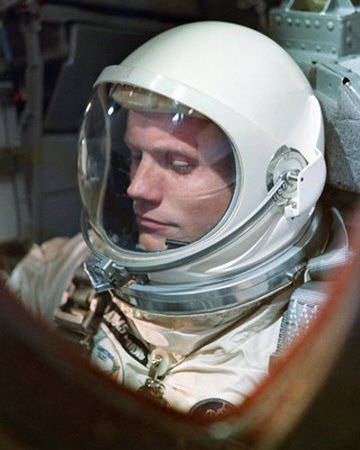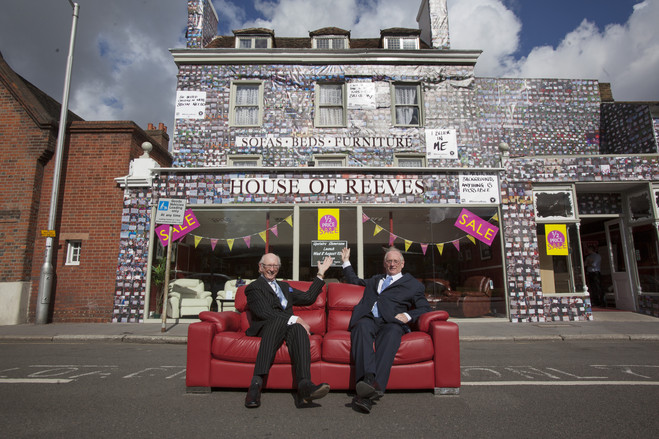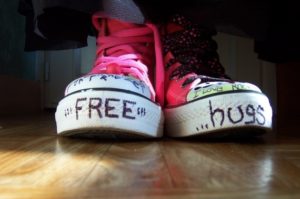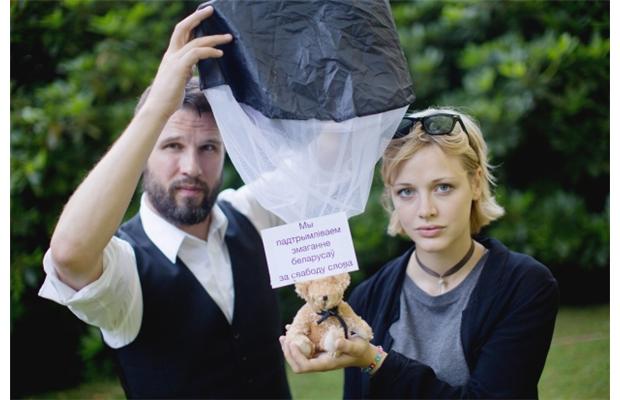You spend time everyday getting yourself ready for work because you want your sweat equity to provide you with more than just a paycheck. It takes regular priming, recharging and calibrating of your engine (see the last post) to obtain regular returns like empowerment from your work.
We all spend a sizable chunk of our lives working. As a result, you want to benefit as much as you can from the huge investment of time and energy you’re making. When your workday’s over, you want the satisfaction that comes from learning new things, stretching yourself, and becoming more capable. You also want your work to make a positive difference in ways that are consistent with your values because tremendous personal satisfaction comes from that too.
 Becoming the best version of yourself. Helping to make the world the kind of better place you want it to be. These are the essential ingredients of fulfilling work.
Becoming the best version of yourself. Helping to make the world the kind of better place you want it to be. These are the essential ingredients of fulfilling work.
But work that provides a return like this demands something from you as well. While it helps to get ready for it everyday, you also need to be “in the game for the long haul,” so that your work produces continuous reward for you and for others. That means you’ll also need a plan to disrupt the tendency we all have to fall off our best game and settle into complacency.
You generally know when you’re coasting and what it feels when you’re in a rut. Before long it becomes boring, predictable, pretty lifeless and ultimately pretty unsatisfying, right? So what can you do about it?
To continuously breathe new life into your work, one solution is to introduce new skills and perspectives into your job before you start slipping into your “comfort zone.” In their terrific article “Throw Your Life a Curve,” Juan Carlos Méndez-García and Whitney Johnson literally show us what this would look like.
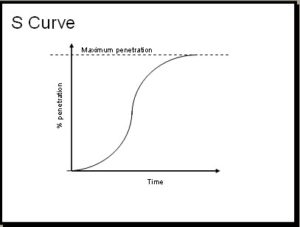 The authors use a familiar graph that illustrates how innovative products rapidly penetrate markets to show us how bringing new knowledge or innovation into our jobs can change our individual work experiences just as dramatically. The graph they re-purpose to make their argument is called the S-curve.
The authors use a familiar graph that illustrates how innovative products rapidly penetrate markets to show us how bringing new knowledge or innovation into our jobs can change our individual work experiences just as dramatically. The graph they re-purpose to make their argument is called the S-curve.
When an innovative product like the iPhone is introduced, it takes off gradually (from lower left). However, when it hits a tipping point of awareness in the marketplace, the product enjoys a near vertical upturn in sales, until it approaches market penetration, when sales taper off at the peak of the curve.
Méndez-García and Whitney argue that something similar happens when you shake things up at work by bringing new ideas and skills into your job.
As we. . . mov[e] up a personal learning curve, initially progress is slow. But through deliberate practice, we gain traction, entering into a virtuous [upward] cycle that propels us into a sweet spot of accelerating competence and confidence. Then, as we approach mastery, the vicious [downward] cycle commences: the more habitual what we are doing becomes, the less we enjoy the “feel good” effects of learning: these two cycles constitute the S-curve.
What you need to do when the “feel good” effects start tapering off is the most interesting part.
As a worker, you essentially do what Apple has done so successfully as a company. While you are still enjoying the empowering effects of mastery in your current S-curve (or for Apple, while its current iPhone is still selling), you make the “jump” to the next curve by, once again, bringing new skills and knowledge into your job. Jumping from one curve to another in this manner can allow you to continue “the virtuous cycle” in your work in the same way that it allows Apple to enjoy continuous profits when it introduces its next generation iPhone.
As a worker, you risk loosing your competitive edge if you don’t continuously shake things up with new information. But as importantly, you risk loosing the empowering rush that comes when you’re in the “sweet spot of accelerating competence and confidence”—a phrase that perfectly captures what’s best about personal growth on the job. As the authors conclude:
[T]hose who can successfully navigate, even harness, the successive cycles of learning and maxing out that resemble the S-curve will thrive in this era of personal disruption. (italics added)
This is one roadmap for maintaining the flow of satisfaction, and even exhilaration on the job. Simply shake things up by introducing new (and wisely chosen) ways of thinking into your work whenever you find yourself approaching your comfort zone.
When you take active responsibility for the quality of your work like this, continuous reward for you, and for the company that’s lucky enough to have you, are sure to follow.


